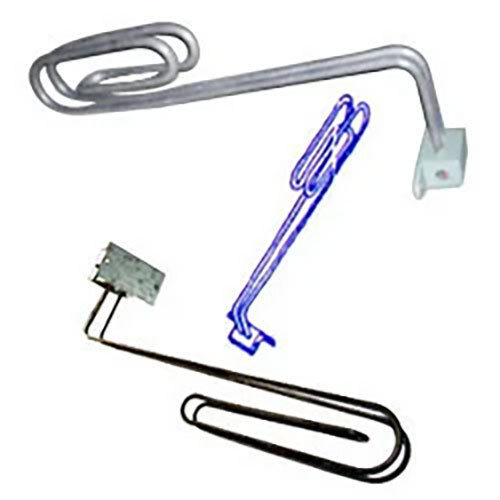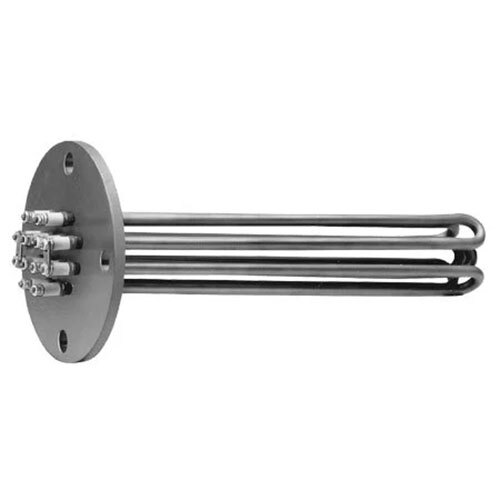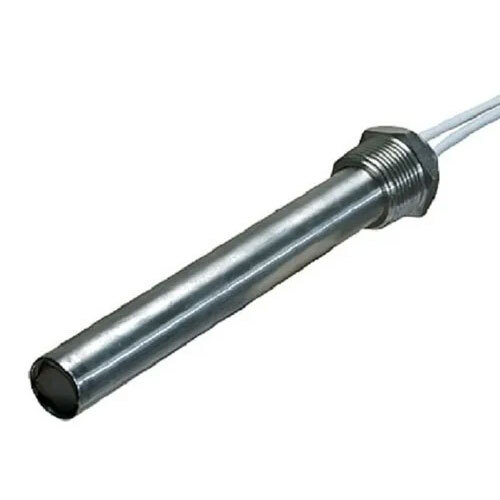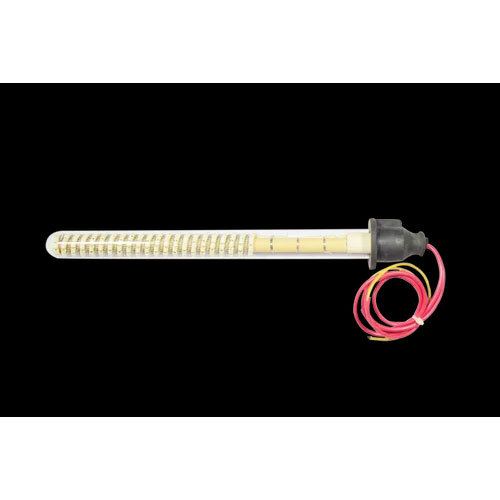Oil Immersion Heater
Oil Immersion Heater Specification
- Usage
- Industrial & Commercial
- Size
- Standard
- Color
- Silver
- Product Type
- Oil Immersion Heaters
- Warranty
- 1 year
Oil Immersion Heater Trade Information
- Minimum Order Quantity
- 5 Pieces
- Payment Terms
- Cash Advance (CA), Cash in Advance (CID)
- Supply Ability
- 1000 Pieces Per Week
- Delivery Time
- 7 Week
- Main Domestic Market
- Jharkhand, Odisha, Punjab, Assam, Delhi, Dadra and Nagar Haveli, Andaman and Nicobar Islands, Arunachal Pradesh, Chhattisgarh, Haryana, Himachal Pradesh, Jammu and Kashmir, Madhya Pradesh, Maharashtra, Nagaland, Rajasthan, Sikkim, Tamil Nadu, Telangana, Tripura, Uttarakhand, West Bengal, Pondicherry, Uttar Pradesh, All India, South India, Central India, West India, North India, East India, Gujarat, Karnataka, Kerala, Lakshadweep, Mizoram, Meghalaya, Manipur, Andhra Pradesh, Bihar, Chandigarh, Daman and Diu, Goa
About Oil Immersion Heater
Oil immersion heaters are designed to heat oils and other viscous fluids directly within a container or system. These heaters consist of a heating element encased in a metal sheath, which is immersed in the oil. The heating element generates heat when electrical current passes through it, transferring that heat to the surrounding oil. This direct immersion method ensures efficient and uniform heating, making it ideal for applications requiring precise temperature control.
Oil immersion heaters are used in various industries, including manufacturing, chemical processing, and automotive, where maintaining the correct temperature of oil is crucial for optimal performance and process control.
FAQs about Oil Immersion Heaters
Q1: What are oil immersion heaters used for?
A1: Oil immersion heaters are used to heat oils and other viscous fluids in industrial applications. They are commonly employed in processes such as heating lubrication oils, hydraulic fluids, and thermal oils, as well as in manufacturing processes that require precise temperature control.
Q2: How do oil immersion heaters work?
A2: Oil immersion heaters work by immersing a heating element within the oil. When electrical current flows through the heating element, it generates heat, which is transferred to the oil. This direct heating method ensures efficient and uniform temperature control.
Q3: What materials are used in oil immersion heaters?
A3: The heating element is typically made from materials such as stainless steel, Incoloy, or other corrosion-resistant alloys. The sheath or casing around the heating element is designed to withstand high temperatures and corrosive conditions, ensuring durability and reliability.
Q4: What are the benefits of using oil immersion heaters?
A4: Benefits include efficient and direct heating of oil, precise temperature control, durability in harsh environments, and uniform heat distribution. These heaters are designed to handle the specific needs of heating oils and viscous fluids.
Q5: Can oil immersion heaters be customized?
A5: Yes, oil immersion heaters can be customized in terms of size, wattage, material, and design to meet specific application requirements. Customization ensures that the heater is well-suited for the intended use and operating conditions.

Price 1400.0 INR/ Piece
- Minimum Order Quantity
- 5 Pieces
- Supply Ability
- 1000 Pieces Per Week
- Delivery Time
- 7 Week
- Main Domestic Market
- Jharkhand, Odisha, Punjab, Assam, Delhi, Dadra and Nagar Haveli, Andaman and Nicobar Islands, Arunachal Pradesh, Chhattisgarh, Haryana, Himachal Pradesh, Jammu and Kashmir, Madhya Pradesh, Maharashtra, Nagaland, Rajasthan, Sikkim, Tamil Nadu, Telangana, Tripura, Uttarakhand, West Bengal, Pondicherry, Uttar Pradesh, All India, South India, Central India, West India, North India, East India, Gujarat, Karnataka, Kerala, Lakshadweep, Mizoram, Meghalaya, Manipur, Andhra Pradesh, Bihar, Chandigarh, Daman and Diu, Goa

Price:
- 50
- 100
- 200
- 250
- 500
- 1000+






 Send Inquiry
Send Inquiry Send SMS
Send SMS
